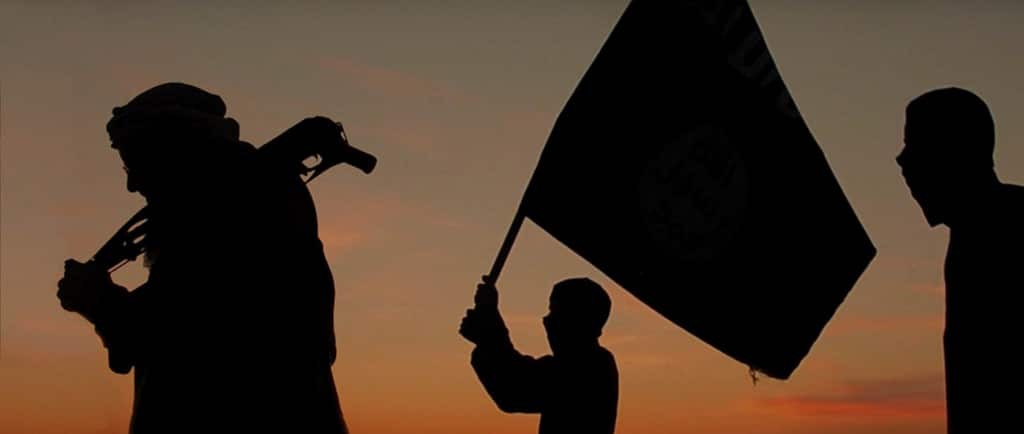100 Must-See Documentaries Streaming on Amazon Prime This November
100 Must-See Documentaries Streaming on Amazon Prime This Month
If you’re a Prime member, you’ve got plenty to watch for free.

This month, the Amazon 100 list adds nine new titles, including the Oscar-contending Amazon-exclusive City of Ghosts and the Oscar-nominated The Square, which used to be a Netflix exclusive. There are also documentaries by Pamela …
Keep reading with a 7-day free trial
Subscribe to Nonfics to keep reading this post and get 7 days of free access to the full post archives.



